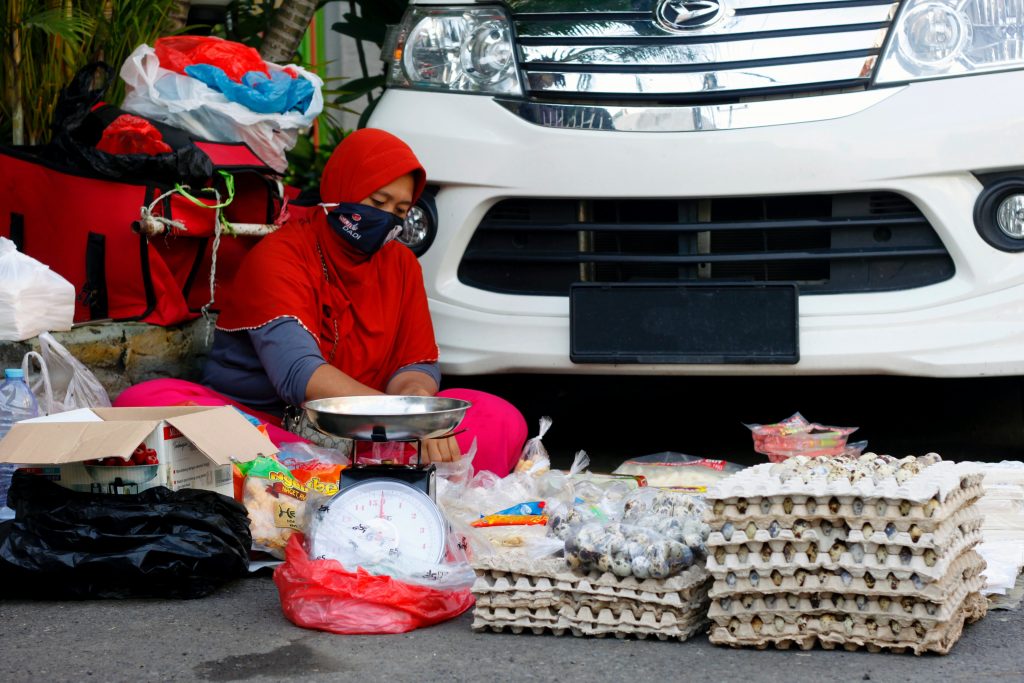Our partners at COP26 are all contributing to a dramatic schedule that will pitch Glasgow to the forefront of the global response to climate change. The Resilience Hub events platform is live on this site and you are invited to register to attend either virtually or in person. Browse the calendar and register your interest here.
Our partners for the Locally Led Adaptation programme theme are:
Bangladesh Rural Advancement Committee (BRAC), the world’s largest non-governmental development organisation.
International Centre for Climate Change and Development (ICCCAD), research and capacity building.
International Institute for Environment and Development (IIED), delivering change on a global scale.
What has Locally Led Adaptation got to do with resilience?
The rise in political support for LLA brings huge opportunities to strengthen the ambition, strategy and support for adaptation action led by those most at risk – especially women, youth, children, disabled, displaced, Indigenous Peoples and excluded ethnic groups.
While many top down approaches have failed to achieve expected goals, the onset of the global pandemic emphasised the capabilities of local actors in building resilience against all odds. And this portrays the potential of local leaders in combating global climate change and hence the need for locally led adaptation.
The growing movement for locally led adaptation was given fresh impetus by the adoption of eight principles for LLA at the January 2021 Climate Adaption Summit. As powerful international actors increasingly endorse these principles we must ensure local actors remain central drivers of the agenda, and that everyone involved is equipped with evidence and learning to support effective and equitable LLA.
The eight principles are:
1 Devolving decision making to the lowest appropriate level
2 Addressing structural inequalities faced by women, youth, children, disabled and displaced people, Indigenous Peoples and marginalised ethnic groups
3 Providing patient and predictable funding that can be accessed more easily
4 Investing in local capabilities to leave an institutional legacy
5 Building a robust understanding of climate risk and uncertainty
6 Flexible programming and learning
7 Ensuring transparency and accountability
8 Collaborative action and investment
What does this mean in terms of projects and initiatives on the ground?
For the Resilience Hub, we are focusing on the use of Locally Led Adaptation to promote and enable resilience building at different scales and infrastructure lifecycle stages. For example, this could include:
- Addressing structural inequalities faced by women, youth, children, disabled and displaced people, Indigenous Peoples and marginalised ethnic groups. Prioritisation will be given to examples or voices from representatives of these particularly excluded groups.
- Alignment across LLA principles
- Investing in local capabilities to leave an institutional legacy
- Importance of access to climate finance at the local level
- Ensuring transparency and accountability
How will we know if we are getting it right?
If we get our collaboration right, now and in the future, we will hope to see positive results.
The adverse impacts of climate change are manifested largely at the local level. Hundreds of millions of people in both developing and developed countries are vulnerable to the direct and indirect impact of climate change. Evidence suggests that local communities, in partnership with local governments, the private sector and civil society organisations, are undertaking adaptation strategies at local and community level. These strategies stimulate collective actions to address climate risks, including planning, which to some extent allows the voices of the poor and vulnerable people to be heard; development of cost-effective and socially acceptable solutions that are closely aligned with development priorities; strengthening of partnerships between communities and a range of stakeholders at different levels.
The full programme will be launched shortly, along with the event platform and registration. Sign up using the form on this site and we’ll update you as it goes live.

